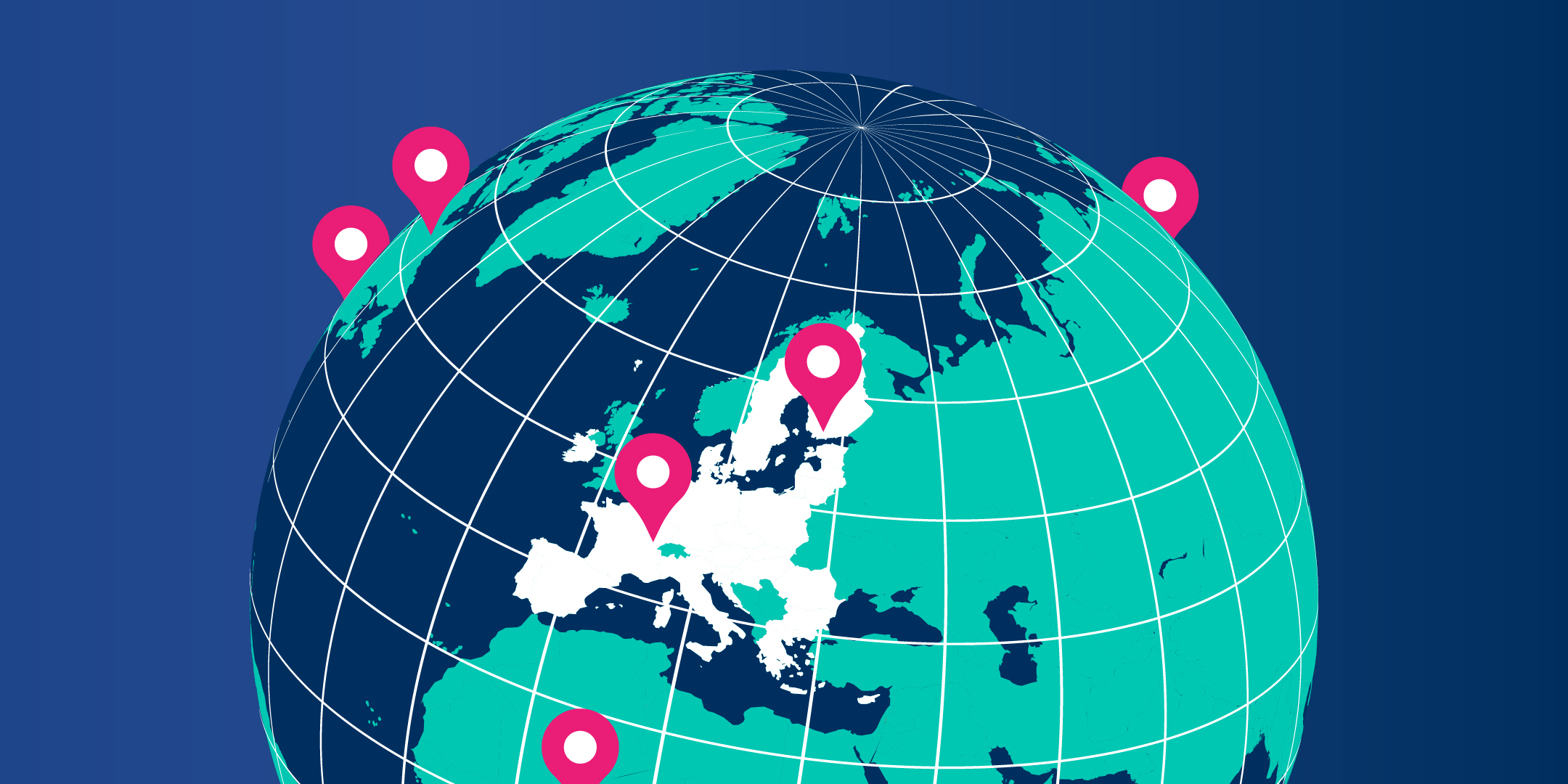The Openness Profile – Incentivising and rewarding open science efforts
Despite the vast amount of open science initiatives during the past decade or so, there has been little progress to date on normalising open science practices in research. It has become evident that there is a need for a significant cultural change when it comes to recognising and rewarding open science contributions. There are currently a lot of mis-aligned and disincentivising assessment methods in place, such as the Journal Impact Factor, that are standing in the way of fully realising open science. Frankly speaking, there is currently no room or place in science for receiving credits for specific open science activities.
The international network Knowledge Exchange has explored this area during the past years and came up with the idea of an Openness Profile (OP). This concept has now resulted in two reports; ‘Openness Profile: Defining the concepts’ (January 2020) and the freshly published report ‘Openness Profile: Modelling the evaluation for open scholarship’. The Openness Profile is modelling ways to include open science as an integral part of research evaluation. It would not only normalize open science, but also incentivize and reward open science contributions. The report highlights the perceived benefits and requirements for achieving this and provides tailor-made recommendations to various stakeholders on how to move things forward in this area.
The Openness Profile as a digital resource would make use of available infrastructure to enable its users to list open science outputs and activities, all accessible in one single location. Persistent identifiers and CRIS systems play essential roles in combining available metrics and narratives of open science achievements into a contributor’s OP integrated in ORCID. KE’s vision is that the OP could become a standard reference model in open research evaluation routine.
The freshly published report is a result of a wide community engagement, with over 80 individual stakeholders from 48 different organizations involved in the discussions. Apart from the above stated with the need for a systemic cultural change, some of the key findings of the report were that we need to:
- Remove conflicting ambitions of the various stakeholders involved to be able to comply with openness without risking to face negative consequences
- Shift the focus away from merely publications to also encompass other types of research activities
- Accredit all contributors in a research team (Team Science). Also research support personnel should be acknowledged
- Be more inclusive of narratives and responsible metrics, rather than traditional metrics in research assessment to avoid distortion of researcher behavior
When interacting with the various stakeholders, it became evident that recognizing and rewarding open science is something that is really needed and the Openness Profile would provide with the missing piece to the puzzle. To say the least, the OP was very well received by the stakeholders involved. We are now keen on handing over the further development work of the OP to KE external players, as KE cannot bring the explorative work much further. But progress will not happen on its own, so KE needs to push this a little bit further before we hand it over to capable hands. KE foresees that a stakeholder summit would be just the right format to achieve this. So stay tuned for news on future developments and let’s hope this conceptual work was able to create the sparks needed to put a highly desired tool like the Openness Profile in place in the research community!
The Knowledge Exchange (KE) partners are six key national organizations within Europe tasked with developing infrastructure and services to enable the use of digital technologies to improve higher education and research: CSC in Finland, CNRS in France, DeiC in Denmark, DFG in Germany, Jisc in the UK and SURF in the Netherlands.
Josefine Nordling
The writer is specialized in open science and FAIR data support in a international research environment. E-mail josefine.nordling@csc.fi.
